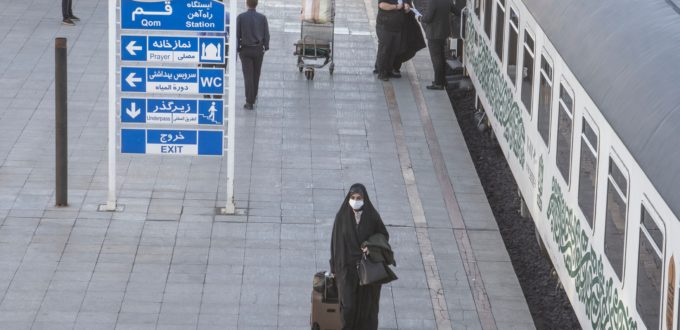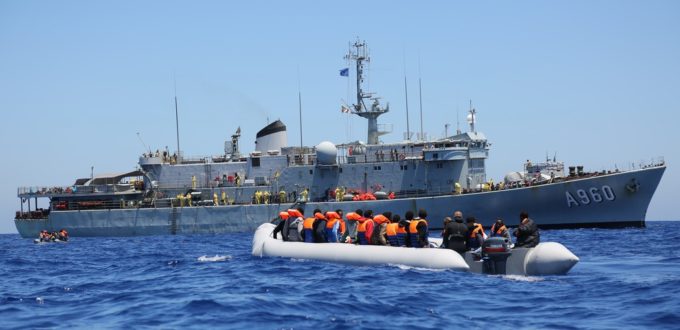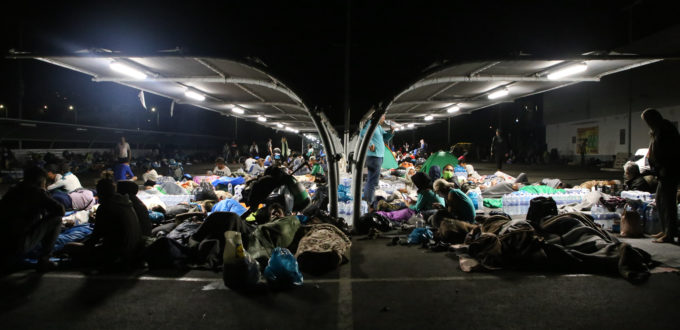The arrival of the Covid-19 pandemic in Europe, starting in February 2020, led to extraordinary measures to slow down the spread of the virus, in particular through restricting the movement of persons. These restrictions included the closure of many parts of public administrations, access to ports for rescue vessels in Italy and serious disruption to […]
Accessing a Fair Asylum Procedure: Failures at the external borders of the European Union
Just as Frontex and national border guards are intensifying their coordination of external border controls, it is time to investigate how, whether and under what conditions, national fundamental and human rights bodies can cooperate and coordinate to provide the necessary counterbalance to the coordination of border controls. Ending the seemingly endless litany of deaths and human rights abuses occurring in or around external border operations of EU and Member State agencies (or through failure to act) is the only principled way forward that is in line with States’ commitments to respect, promote, and fulfill the human rights of migrants and refugees.
Producing more Morias across Europe? Questioning the Commission’s vision for border procedures
The European Commission’s vision for border procedures includes large hosting centres on the external borders of the European Union’. This strategy risks producing more Morias across Europe.
EU puts ‘Dublin to bed’ and launches New Pact on Migration and Asylum.
The overcrowded Moria camp has become an image of a failed collective effort to create cross-European solidarity for refugees and asylum seekers. On 23 September 2020 the European Commission launched their New Pact on Migration and Asylum aimed at replacing the heavily criticized Dublin Regulation. But what exactly is the ‘Dublin problem’ – and which solutions do the new pact hold? Four migration researchers offer their views below.
What does the new EU budget have in store for migration and asylum? The effect of crises on EU spend...
While the COVID-19 crisis is slowing down in Europe, EU member states have once again been called to decide on the priorities of the Union for the next seven years and agree on a massive recovery fund to mend the damages the pandemic has done to the EU’s economy. As Romanian Ministry of European Affairs, George Ciamba declared while his country held the rotating Presidency of the Council: “The European Budget is a reflection of how we see the European Union in the future”.
On 21 July 2020, after four days and nights of intense negotiations, EU leaders reached an agreement and announced the new Multiannual Financial Framework (MFF). As far as migration and border policy are concerned, the new MFF as agreed upon by the European Council looks little like the budget the Commission had in mind in the first place.





